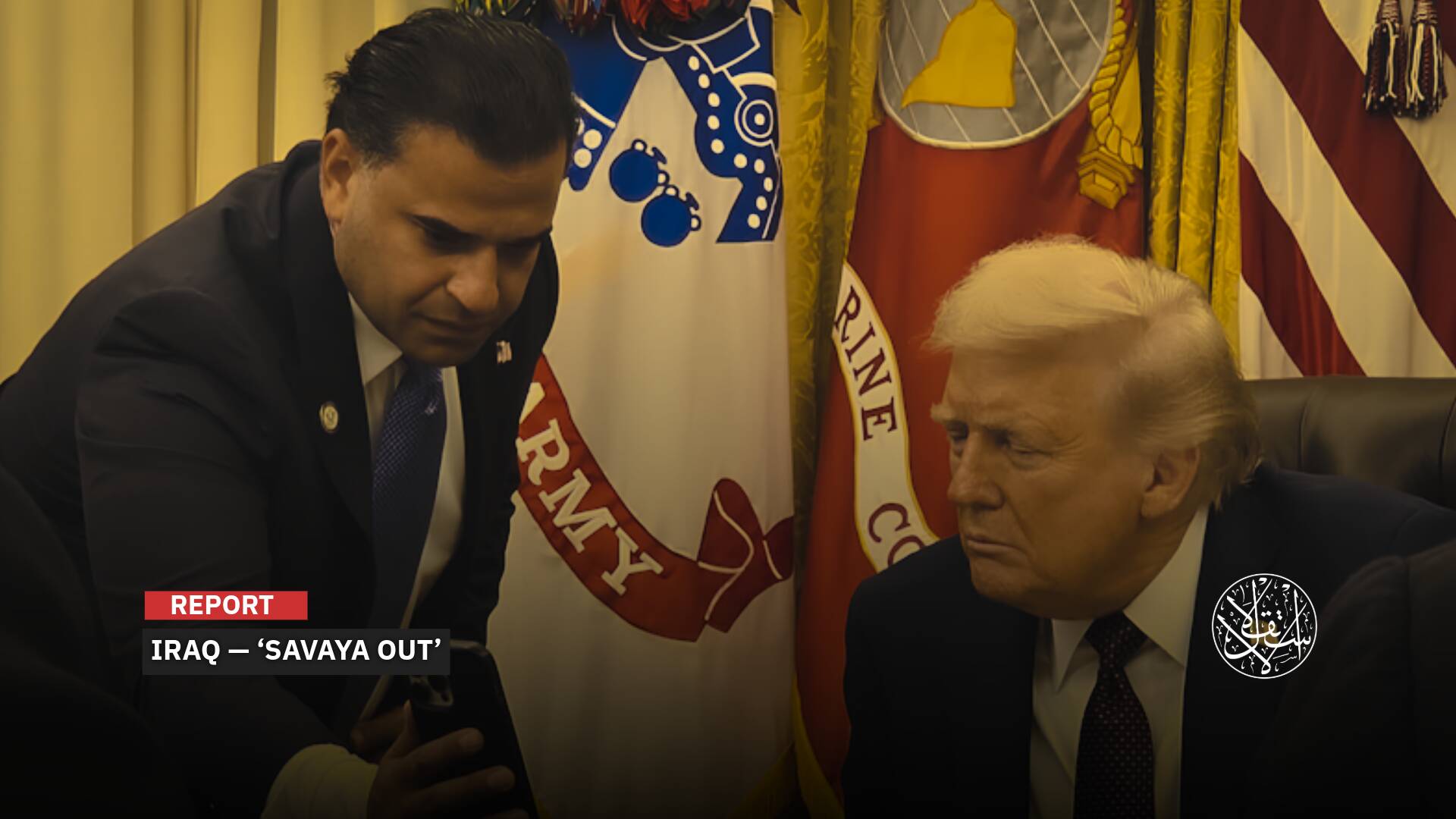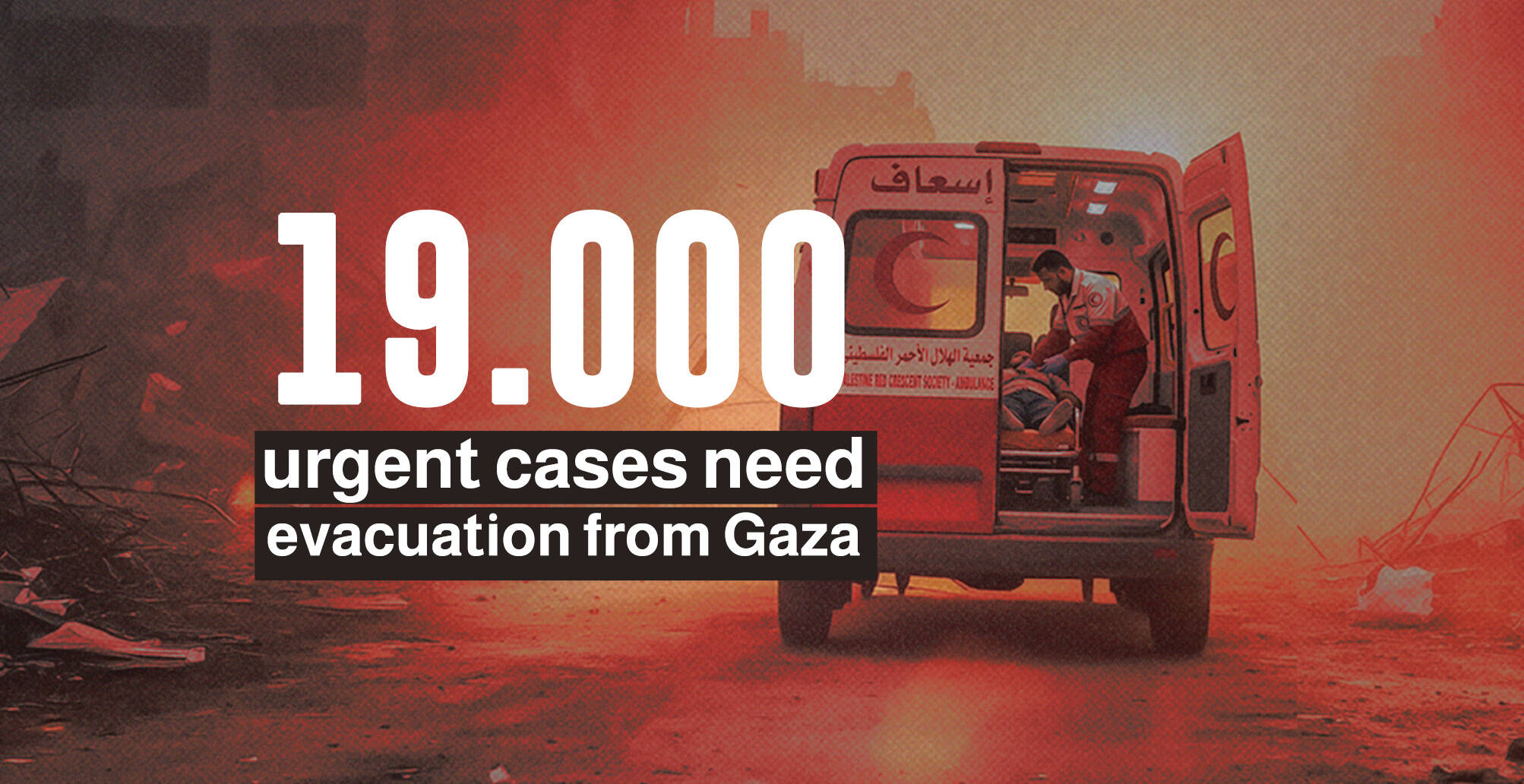Labor Shortages Forces Australia to Increase the Number of Immigrants

The severe shortage of workers and employees in many of Australia's vital service and production sectors sparked a storm of protests and prompted its policymakers to expand the recruitment of immigrants based on specific criteria that serve its goals.
Australia has decided to increase its number of permanent immigrants from 35,000 to 195,000 in the current fiscal year as it looks to shift its focus toward long-term immigrants, to ease the burden on companies suffering from a widespread labor shortage.
After closing its borders for nearly two years during the Covid-19 pandemic times, and with its strict rules and the exodus of foreign workers and students, Australian companies are struggling to find employees and keep their businesses running.
"The Government acknowledges the importance of immigration and visitors in addressing current labor shortages and stimulating economic activity," a spokesperson for the Department of Home Affairs told Reuters.
Australia's unemployment rate is now at a 50-year low of 3.4 percent, and a labor shortage has contributed to high inflation that has lowered real wages.
The companies urged the government to raise the maximum annual number of immigrants prompting it to make temporary changes to solve the employment gap.

Need for Permanent Immigrants
Australia's Skills and Training Minister Brendan O'Connor said on Sunday that Australia supports raising the minimum income for some temporary migrants as the government seeks to fill a widespread staff shortage across the country.
Speaking on ABC television, O'Connor said the government would consider raising the A$53,900 minimum income for temporary skilled migrants since 2013.
"I think this measure should be lifted," he said, without commenting on whether the limit should be raised to A$65,000 in line with the center-left Labor's policy before taking power in a general election in May.
Last week's government jobs summit focused on the brain drain issue, where Prime Minister Anthony Albanese urged compromise between employers and unions to tackle the country's major economic challenges.
The government announced on Friday that it will raise the number of permanent immigrants to 195,000 this fiscal year, an increase of 35,000, to help companies cope with staff shortages and reduce dependence on short-term workers.
Labor shortages have increased in high-skill, but low-paying industries, such as caring for the elderly, were also affected during the COVID-19 pandemic when Australia's borders were closed for nearly two years.
Australia has been competing with other advanced economies to attract more skilled employees from abroad, with many countries looking to ease immigration rules mainly because the aging population increased the demand for migrant workers.
The government has announced cash incentives for backpackers, amounting to $340, to return to the country and meet the need for temporary workers because the country is suffering from an acute labor shortage, according to a report by The Times.
The labor shortage crisis in Australia has worsened two years after the borders were closed to prevent the spread of the Corona pandemic, which prompted the Australian government to intensify its efforts to urge students in recent years and others wishing for temporary employment jobs to come to the country and work to help its economy recover from the coronavirus pandemic effects.

Unprecedented Facilities
Australian Prime Minister Scott Morrison said arrivals will be allowed to reclaim their visa application fees.
He added that the offer will be open to itinerant tourists who arrive on holiday work visas in the next 12 weeks and international students who arrive in the next eight weeks.
The visas cost $450 for students and $495 for temporary workers, and it is hoped that those incentives will attract a large number of workers among the 150,000 international students and 23,500 itinerant tourists who already have visas but have not yet traveled to Australia.
Although Australia still bans foreign tourists from entering the country, it will allow some groups such as foreign students, skilled workers, and those wishing to work temporarily to enter the country since December, provided that they have received a full vaccination against the Coronavirus.
The government hopes that the reduction in visa fees will alleviate the temporary labor shortage, especially among people who have been reluctant to return to Australia with the rapid outbreak of the omicron mutation, as well as encourage those wishing to come forward and submit their applications.
For his part, Josh Frydenberg, Australia's finance minister, confirmed that the government was opening its arms to welcome those wishing.
According to recent government data reported by Reuters: "For the first time, there are more jobs in the Australian market than job seekers."

Severe Shortage of Labor
It is reported that more than 300,000 tourists with temporary work were vacationing in Australia before the pandemic began and the government closed the country's borders to foreigners.
In an interview with Al-Estiklal, Nadia Bouchaalah, the representative of the ASCA association, explained that the decline in the number of international tourists and students has exacerbated the labor shortage in various industrial and service sectors, from hospitality to agriculture.
Adding: "As a result, farmers were forced to leave huge quantities of fruits and vegetables to wither because there were not enough workers to collect them, and cafes, bars, and restaurants were forced to cut back their working hours since they were unable to fulfill their staffing needs."
At the same time, the Australian Chamber of Commerce and Industry said the country's companies are suffering their most severe shortage of employees and skilled workers in more than three decades.
Although Australia did not witness a major outbreak of the Coronavirus in the beginning, the rapid spread of the Omicron strain exacerbated the problem of labor shortages, especially after a large number of workers were quarantined because they were infected with the virus, which had negative repercussions on the availability of food supplies and led to the shortage of goods in the shops.
On the other hand, Mark Butler, a spokesman for the Ministry of Health and belonging to the opposition Labor Party, accused the federal government of using the plan to reduce visa fees to divert attention from its failures to deal with the crisis.










